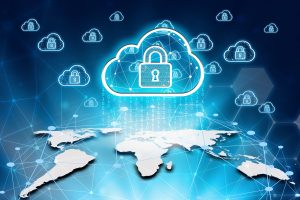Search
Earning Your Trust: The Need for “Explainability” in AI Systems
Posted
AI systems seem like an exciting, effective new tool. But, as we have seen with Google’s recent struggles with accuracy, and Microsoft’s trouble with sentient, unhinged chat bots, not all of the kinks have been worked out with these tools.
In our last post, we discussed the legal risks, and related contractual mitigants for entering into agreements with AI vendors, but perhaps a more pressing question is whether one can trust AI systems in the first place.






